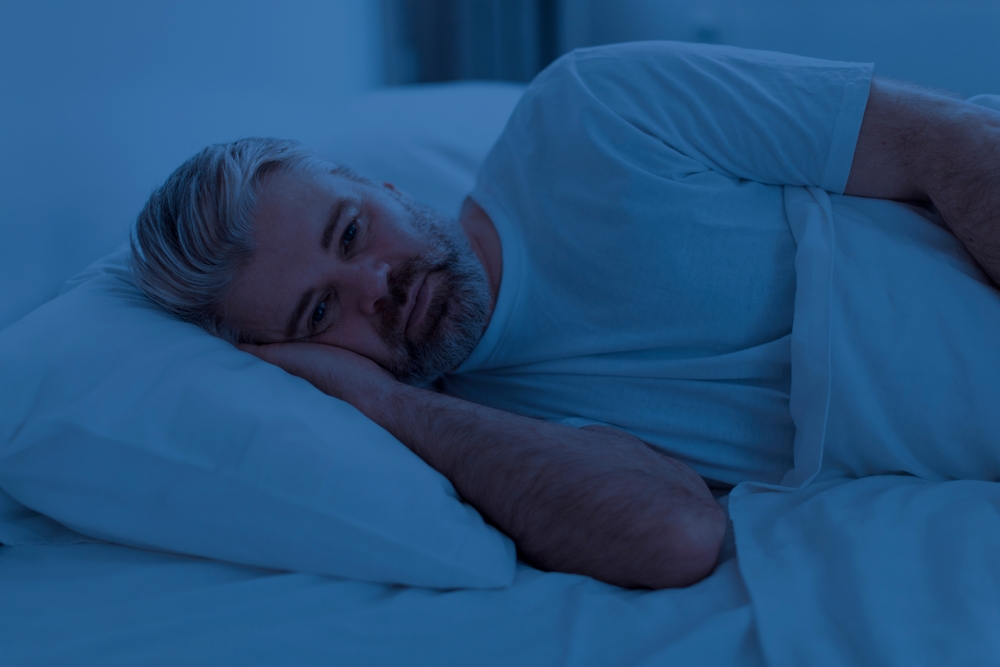Understanding the natural evolution of sleep patterns throughout the lifespan and identifying when changes might indicate a problem.
By Dr. Laura Bennett, Geriatric Sleep Specialist
Published June 27, 2025
Sleep is essential at every stage of life, but how we sleep naturally changes as we age. While some shifts in sleep quality and timing are normal parts of aging, others can signal deeper health concerns. Understanding the difference is key to promoting healthy sleep and overall well-being.
What Happens to Sleep as We Get Older?
Many older adults notice changes such as going to bed earlier, waking up during the night, or feeling less refreshed in the morning. These shifts are part of a natural evolution in our circadian rhythm, the body’s internal clock.
- Advanced Sleep Phase: Older adults often get sleepy earlier in the evening and wake up earlier in the morning.
- Lighter Sleep: Deep sleep stages (especially Stage 3 NREM) tend to decrease, resulting in more frequent awakenings.
- Shorter Sleep Duration: Some older adults may sleep slightly less overall, though sleep needs remain relatively stable—around 7–8 hours per night.
What's Normal—and What's Not?
It’s important to separate normal age-related changes from problematic sleep disturbances. For example, occasionally waking during the night or feeling tired earlier in the day can be typical. However, chronic insomnia, excessive daytime fatigue, or loud snoring should raise red flags.
Concerning signs include:
- Trouble falling or staying asleep most nights
- Frequent nighttime urination (nocturia) disrupting rest
- Waking up gasping or choking
- Daytime drowsiness affecting function or mood
- Heavy snoring or observed breathing pauses during sleep
Common Sleep Disorders in Older Adults
Aging increases the risk of several sleep-related conditions. These include:
- Insomnia: Often tied to anxiety, depression, or chronic pain
- Obstructive Sleep Apnea (OSA): More prevalent in individuals over 65, especially those with heart disease or obesity
- Restless Legs Syndrome (RLS): An uncontrollable urge to move the legs, typically in the evening
- REM Sleep Behavior Disorder: Acting out vivid dreams during sleep, more common in older men
How to Promote Better Sleep at Any Age
While some sleep changes are inevitable, many issues can be improved with healthy habits. Here are practical tips:
- Stick to a consistent sleep-wake schedule
- Limit naps to 30 minutes or less during the day
- Stay active with regular light exercise
- Reduce caffeine and alcohol, especially in the evening
- Ensure your bedroom is dark, quiet, and cool
- Use a white noise machine or earplugs to reduce disruptions
When to Seek Medical Help
If sleep problems persist for weeks or begin affecting your daily life, consult a sleep specialist or your primary care doctor. You may benefit from a sleep study or treatments like cognitive behavioral therapy for insomnia (CBT-I) or CPAP for sleep apnea.
“Sleep changes with age, but it should still be restful and restorative. If it isn’t, don’t ignore it—your health depends on it.” - Dr. Laura Bennett
Understanding what’s normal helps you respond early to what’s not. With awareness and support, quality sleep can be a lifelong habit—not just a youthful one.
